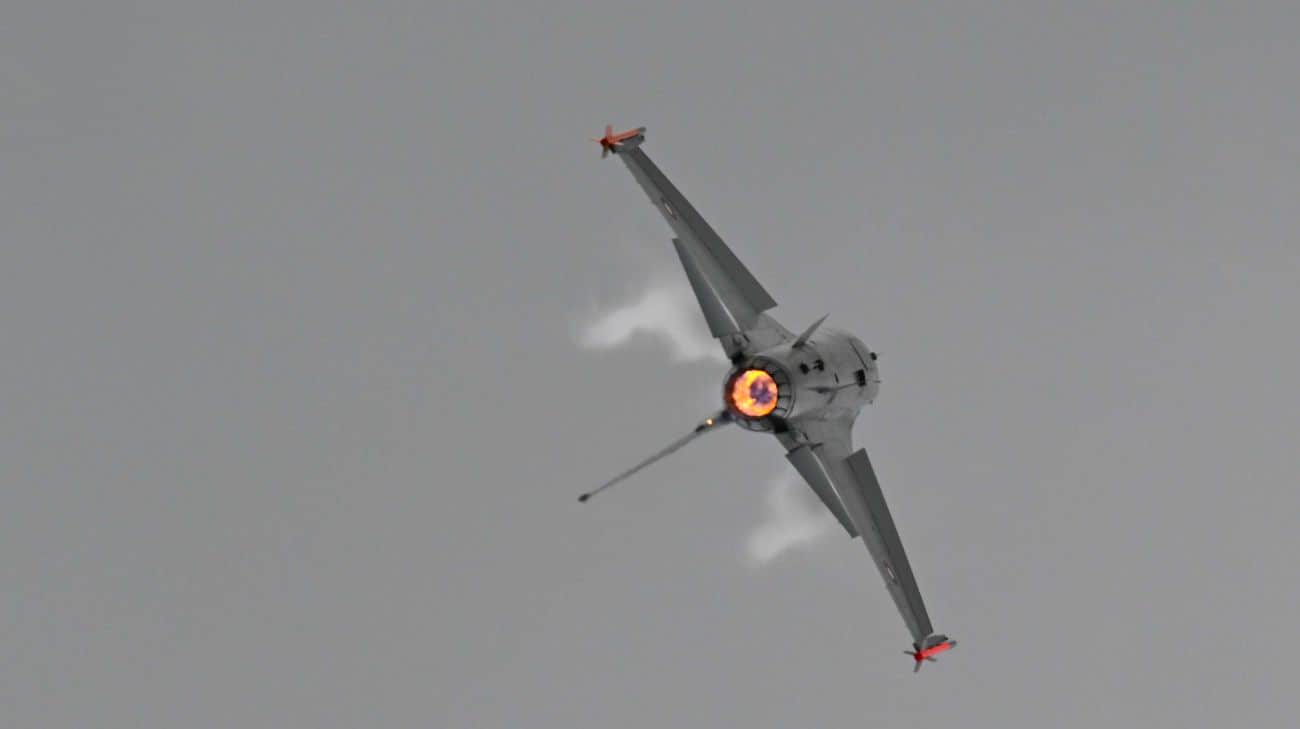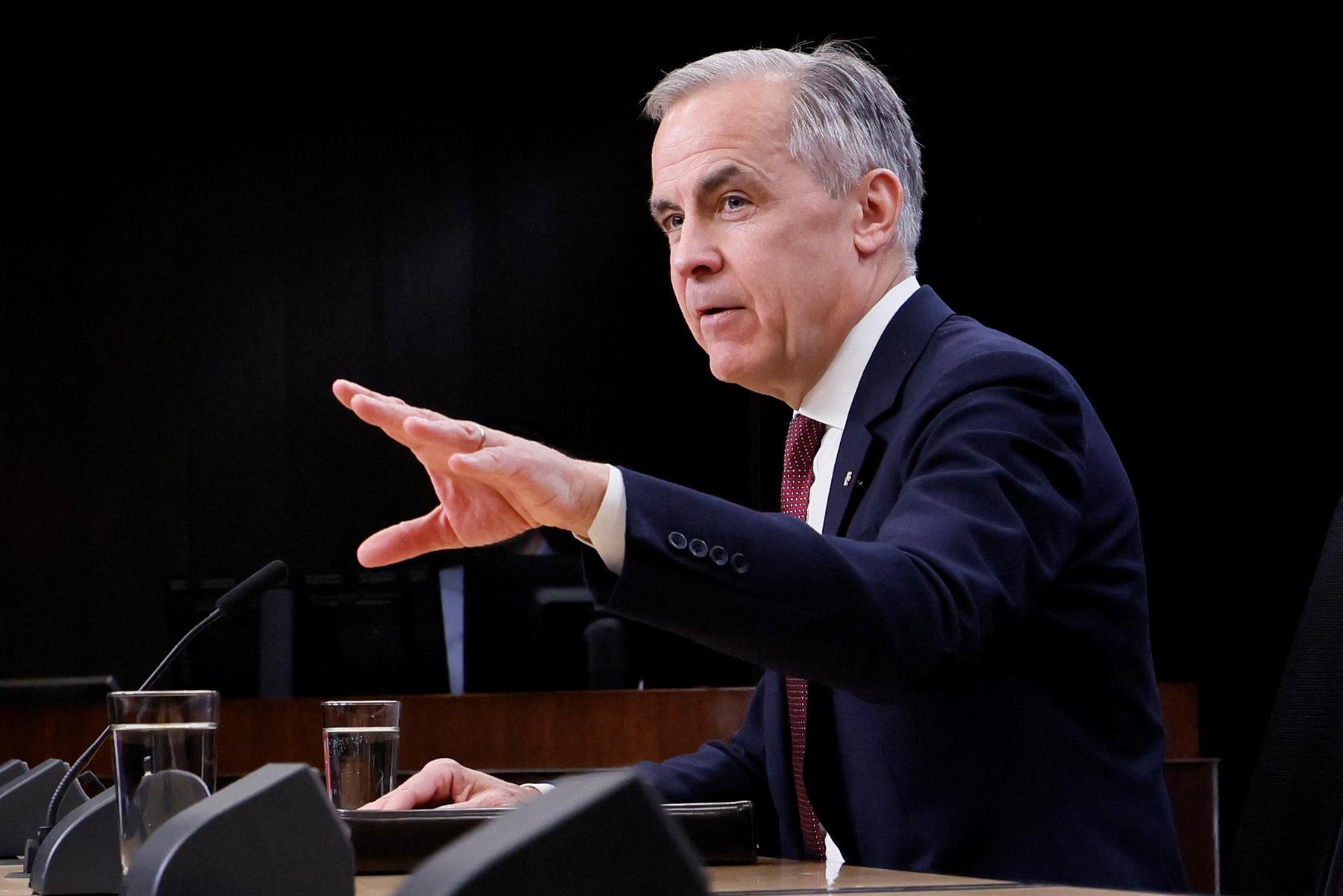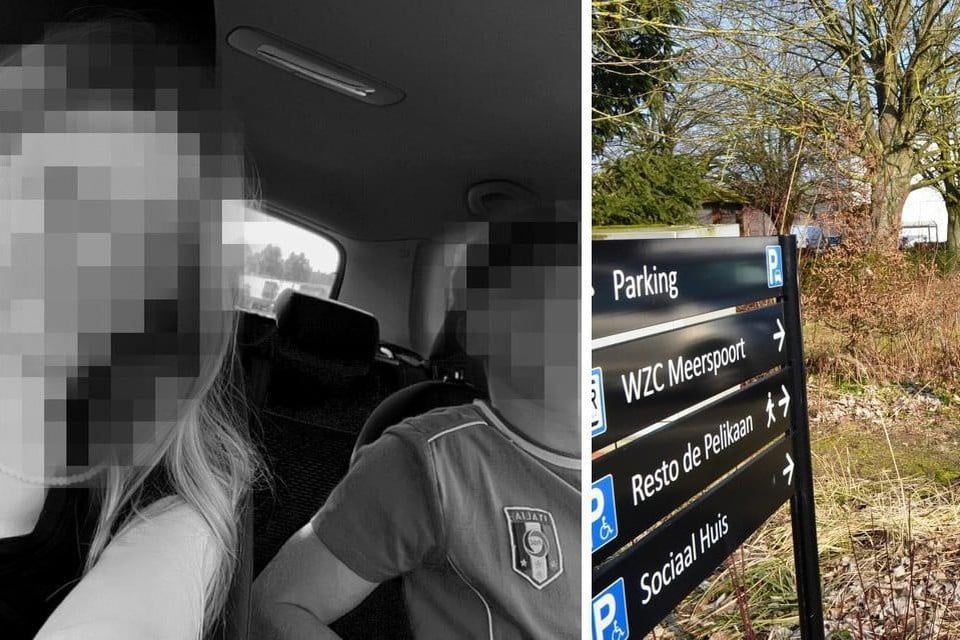Why Putin plays a « truce »

Just as the words and actions of most high-ranking Russian officials are addressed to a single observer (Vladimir Putin, and the « Easter truce », suddenly declared by Putin himself, is addressed to a single authority-Donald Trump, Alexander Baunov wrote at the end of April. Sergei Lavrov even evaluated this move as a possibility of possible direct negotiations.
We offer you the explanation of Baunov from the Carnegie Foundation about the Kremlin’s motives behind this « truce game », while the bombing and killing civilian Ukrainians do not cease.
Over the last few days, evidence has been accumulated that Trump is increasingly scaled by the fact that his public promise to end the war between Russia and Ukraine does not come true. Moreover, there are signs that the moment when the US president is approaching is approaching, as he has squeezed almost everything possible from the not very responsive Zeanski, he will lean to Putin’s position.
In the course of his peacekeeping blitzcrig, Trump quickly discovered that there was an obvious, though not unlimited, an influence on Ukraine – and much less on Russia. This follows at least the fact that Russia is not covered by war with customs duties. As can be expected, the problem is not only that the goods from Russia, as a country under sanctions, are already taxed by 35% duties, but also, on its own recognition of the US administration, that the White House does not want to be deprived of one of the levers in the negotiations to end the fire.
Trump ended up at a crossroads: or to start putting pressure on Putin, contrary to his own predisposition, with great likely to lose – however, the current sanctions, despite the promises, did not destroy the Russian economy, and direct hostilities against Russia are not yet considered; Or withdraw from the process, blaming one of the sides or both.
From the statements of Trump and Marco Rubio, during a passionate week, it became clear that the second option seemed preferable to the administration so far. As a result, the so -called Putin announced. The Easter truce has become one of the ways to get Washington to blame only one side.
But it’s not just that. Putin is also at a crossroads. Trump and those US negotiators who insisted that the Russian president was seeking peace (mainly US President President Stephen Whitkoff, the special envoy) began to look stupid. There was a risk Trump would turn away from Putin and slam the door, or even start punishing him. The topic of punishing Russia also occurs periodically in Trump’s speeches, and he himself obviously hesitates between supporters of a softer, more engaged approach (the same Whitkof) and a firmer-represented by General Keith Kellog and partly by Secretary of State Marco Rubio.
The withdrawal of the United States from the peaceful mediation between Russia and Ukraine does not particularly scare the Kremlin: in this case everything will continue as in recent months – ie, according to the prevailing opinion, in favor of the Russian side.
However, Putin obviously has not yet decided whether to stay without Trump or to continue to try to use it for his own interests. The Easter truce was considered an opportunity to postpone the decision on this issue, to keep Trump’s anger or disappointment. And for the Kremlin himself and for those who insisted on the good will of Russia, this allows them to continue to assure that Russia is generally ready for peace, and the obstacle is either in the position of the enemy or in the details of the way of truce.
The Russian side was neither a willingness nor a desire to agree to the long or complete termination of the fire. The Easter truce provided the opportunity to give something tangible to the unofficial psychological deadline mentioned by the Americans, without claiming or doing something irreversible.
The termination of the fire was announced in the Kremlin’s favorite way of secretly prepared a special operation. Putin spoke publicly with an unusual frequency and pleasure in the days before Itova, but none of his speeches included the idea of Easter truce. Although in 2023, such an idea of a Christmas truce was announced in advance. Obviously, in contrast, the Easter truce, even if it was discussed (such ideas were expressed by the US side), was prepared secretly and had to be one -sided – presenting Russia as the most fascinating country in the war.

The sudden unilateral announcement of the cessation of fire was intended to surprise enemies, opponents and partners. Moreover, in the West, unlike Russia itself, the Easter days are traditionally not working, ie. Western institutions work with minimal staff and senior officials are going to celebrate.
The account was also that under such conditions and with a short time – 30 hours on the weekend, including the festive night – it would be especially difficult to give a quick and united answer, to discuss the reaction of the Russian proposal and to check its compliance, jointly developing a solution in the US -EUROPRY -UNRY triangle.
Because of this one -sided surprise, not only different Western capitals and Kiev, but also different representatives of the same governments, is more likely – the same US administration – to speak inaccurately. Against this background, it is easier for the Kremlin to look consistent and peaceful.
This is exactly what happened: Zelenski’s initial reaction was negative, but soon gave way to a counter-proposal to pass from a 30-hour to 30-day termination of the fire. Putin happily and smiling emphasized this discrepancy in his speech on Monday after Easter, giving the change in the position of Kiev’s « Western curators » proposals.
It would probably be more profitable for the Kremlin if Ukraine, who rejected the Christmas truce in 2023, had also rejected the Easter. This would completely free Russia’s hands to continue military operations and allow it to transfer all the blame to the enemy.

However, the Kremlin was obviously preparing for the opposite – a more uncomfortable answer in the form of an agreement or even a counter -initiative. There was a wide range here. At one end are the allegations of violations by the enemy: without independent monitoring on the spot, this is not difficult and the accusations were made immediately by both the Russian and Ukrainian side. The cessation of the fire itself provided positive, peaceful news for the world media, and the accusations of violations have provided a kind of excuse not to extend the cessation of the fire.
From the beginning of the full -scale Russian invasion of Trump’s victory, there was a kind of verbal competition for the role of victim. Moscow opposed Ukraine’s apparent position as a victim of an aggressive conquest war on its wide range of complaints – from the suffering of the « Donbass people » and the violation of the rights of the Russians to the presentation of Russia as a victim of real or potential NATO aggression.
In the eyes of the not -so -empathetic, force -appreciating Trump power, however, the role of the victim is not particularly prestigious – and according to him, Ukraine is also not sinless after being « confused and provoked ».
So now there is a competition for the role of the most humble country in the war.
The suddenness of the step makes her a dispute with the skeptics of Trump’s surroundings and an attempt to act a fast-acting cure for the US President’s annoyance.
After failing to obtain Putin’s consent to the idea of a complete fire for a month, Zelenski reduced the proposal to the termination of high-range missile strikes and drones: this is easier for remote control.
But even here Russia still has a choice. If it is decided that the direct refusal would alienate Trump – whom the Kremlin is trying to get into a wide range of relationships outside the Ukrainian issue – Moscow will determine its agreement by stopping arms supplies to Ukraine and mobilization from the Ukrainian country, and may be supplemented with other « shades » from the first version of Putin.
Internally, the short truce enables the Kremlin to test the reaction of Russian society, especially its belligerent segment, to the cessation of fire. It seems that the degree of concentration of power and obedience to the security apparatus in Russia is such that any decision made by Putin does not need to be checked and can be taken unilaterally. However, the confident continuation of the war still largely depends on the support of the provocative segment of society.
Meanwhile, while the anti -war parties accuses the Russian government itself for the prolonged nature of the war, with a suicidal military adventure, the Provative Segment often seeks other explanations. There, the prolonged war and lack of rapid victory over a weaker enemy, in addition to corruption, are often explained by the unwillingness to « fight real », and the main accusation against political leadership is the desire to safely replace with a « deal ».
The reaction of the ceasefire in the provocative segment, the Z-community and among the military correspondents turned out to be so controversial that even such militant propagandists as Margarita Simonyan had to defend their boss from opponents of any truce.
As for the obedience of security forces in the fight against the enemies of power, it is completely guaranteed when power and security forces have common enemies. And it is guaranteed to a much lesser extent when the enemies of the security forces are their adherents-those critics of power whose position is closer to them than the position of power itself. This was fully revealed on the day of Prigogine’s rebellion.
Judging by the most recent Kremlin messages, Russia is currently based on the assumption that in the aforementioned race it has played its role in the form of the Easter initiative and further evaluates the US reaction to its possible consent or disagreement with Ukrainian proposals. The agreement is likely to be conditioned by another set of « nuances » and conditions that the Trump administration will have to force Kiev to accept.
In any case, until the cessation of the fire is formalized as a commitment and becomes a necessary condition for negotiations, the Russian leadership will retain the opportunity to interrupt it, to continue it or to return to it – hanging the situation to follow the thin thread of Putin’s choice.








